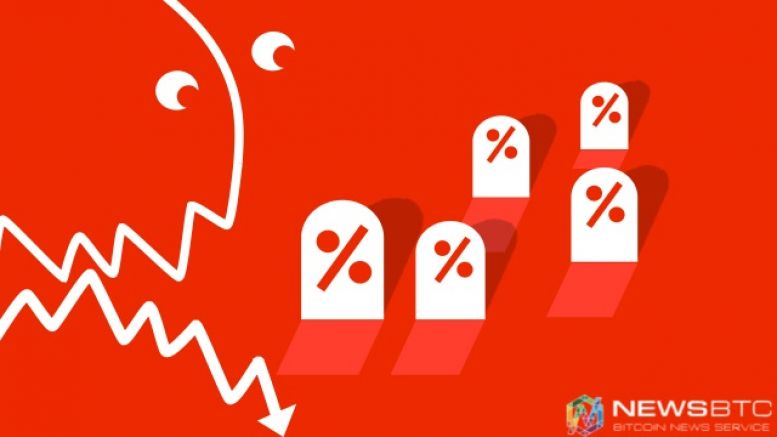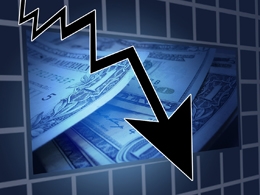
Economic Recession, Interest Rates and Digital Currency
With the current fiat based economy, no one can escape recession. The threat of recession has been constantly looming over the heads of major economic powers like the United States for over a decade now. Recession is caused by uncontrolled rise in deflation resulting from falling market demand. The fall in demand, if left unchecked can create a domino effect resulting in a massive decline in a nation’s GDP. The Great Recession of 2008-09 is one of the best examples of how a recession can affect not just the governments and big corporations, but individuals as well. Governments and Central....
Related News
Issuing CBDCs may give a central bank more power over interest rate adjustments according to a new report. According to the Wall Street Journal, central bank digital currencies (CBDCs) could actually negatively impact interest rates by giving policymakers an additional tool. In the Sept. 8 article 'Digital Currencies Pave Way for Deeply Negative Interest Rates' senior columnist James Mackintosh argued that the difference between a CBDC and cash would be highlighted if interest rates fell below zero. People would be more inclined to hold on to physical cash to “earn zero” rather than lose....
A recentarticle in Forbes caused a stir. The piece was entitle "A Guide to South Africa's Economic Bubble and Coming Crisis". The article lays out the economic case that current South African economic growth is illusory: fuelled by 'hot money' and a resulting credit bubble that is ready to pop. It is argued that a global economic environment of low interest rates has resulted in the necessary economic distortions to drive this massive credit bubble. Interest rates should represent the price of savings in an economy. People either save or spend their earnings. What isn't spent is saved.....
Negative Interest Rates are causing bankers to fear, among other things, currency wars and the widespread use of virtual currencies. Indeed, it is amazing how things are acting together to propel Bitcoin’s inexorable march to become one of the main currencies of the world, if not the world reserve currency for fiat currencies. New technologies, the....
The chorus of market crash predictions grows ever louder. The Fed pauses its funds rate hike and Bitcoin emulates gold’s rally just as gold hits an interim high. Oil price lows may force Saudi Arabia to devalue the Saudi Riyal. Amidst growing fears of a return to recession, world markets are reflecting the shift in sentiment, and interesting price chart pictures appear. GEO has maintained, since mid-2015, that the shift to recession and deflation was already underway. Now we see the telltale signs in the charts. The free money that had levitated US stock markets since 2009 has been....
A belief held by a large portion of the Bitcoin community maintains that our beloved digital currency is recession proof. Bitcoin is based on the principles of sound money; the currency possesses scarcity, portability, fungibility, and infinite divisibility. Most importantly, Bitcoin’s scarcity makes it impossible to inflate the supply, which many....





